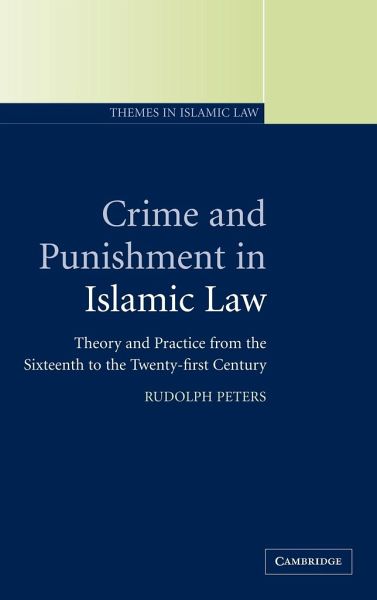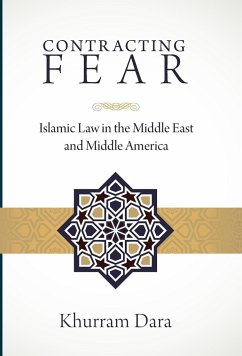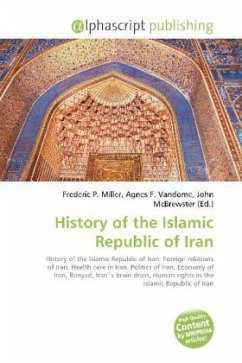
Crime and Punishment in Islamic Law
Theory and Practice from the Sixteenth to the Twenty-First Century
Versandkostenfrei!
Versandfertig in 1-2 Wochen
82,99 €
inkl. MwSt.
Weitere Ausgaben:

PAYBACK Punkte
41 °P sammeln!
Rudolph Peters' book is about crimes and their punishments as laid down in Islamic law. In recent years some of the more fundamentalist regimes, such as those of Iran, Pakistan, Sudan and the northern states of Nigeria have reintroduced Islamic law in place of western criminal codes. Peters gives a detailed account of the classical doctrine and traces the enforcement of criminal law from the Ottoman period to the present day. The accounts of actual cases which range from theft, banditry, murder, fornication and apostasy shed light on the complexities of the law, and the sensitivity and perspic...
Rudolph Peters' book is about crimes and their punishments as laid down in Islamic law. In recent years some of the more fundamentalist regimes, such as those of Iran, Pakistan, Sudan and the northern states of Nigeria have reintroduced Islamic law in place of western criminal codes. Peters gives a detailed account of the classical doctrine and traces the enforcement of criminal law from the Ottoman period to the present day. The accounts of actual cases which range from theft, banditry, murder, fornication and apostasy shed light on the complexities of the law, and the sensitivity and perspicacity of the qadis who implemented it. This is the first single-authored account of both the theory and practice of Islamic criminal law. It will be invaluable for students, and scholars in the field, as well as for professionals looking for comprehensive coverage of the topic.














